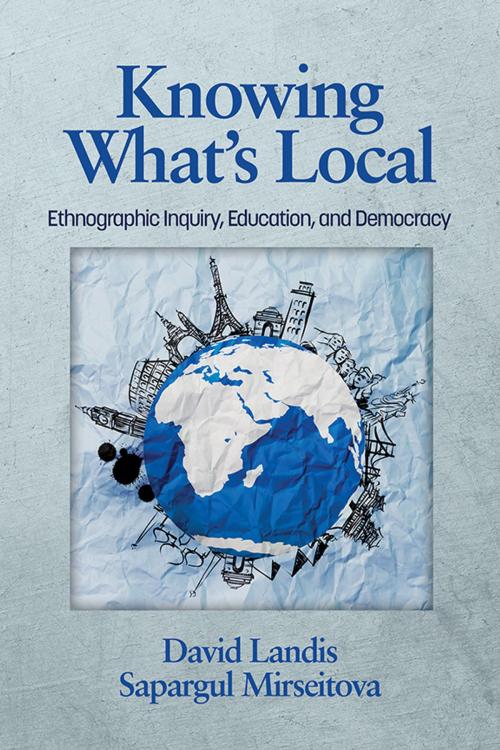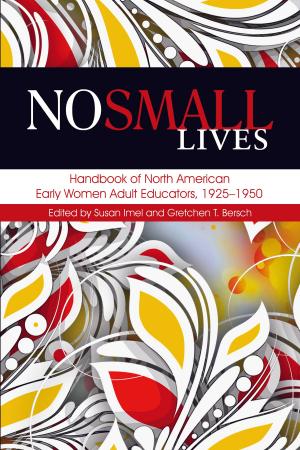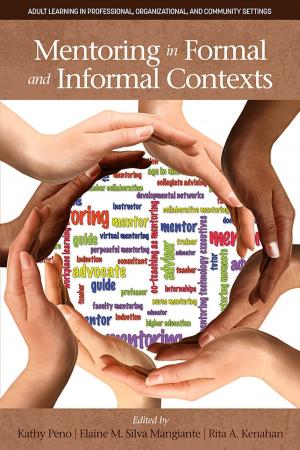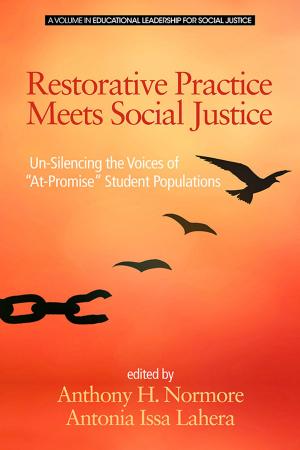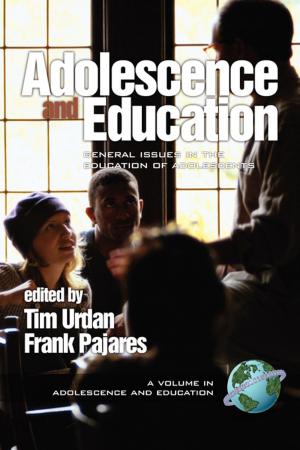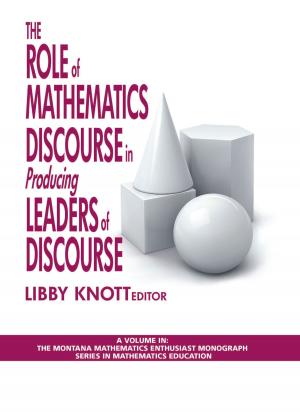Knowing What’s Local
Ethnographic Inquiry, Education and Democracy
Nonfiction, Reference & Language, Education & Teaching, Parent Participation, Teaching, Teaching Methods| Author: | David Landis, Sapargul Mirseitova | ISBN: | 9781623968465 |
| Publisher: | Information Age Publishing | Publication: | October 1, 2014 |
| Imprint: | Information Age Publishing | Language: | English |
| Author: | David Landis, Sapargul Mirseitova |
| ISBN: | 9781623968465 |
| Publisher: | Information Age Publishing |
| Publication: | October 1, 2014 |
| Imprint: | Information Age Publishing |
| Language: | English |
Ethnographic inquiry serves as a unique educational resource that is accessible to students and teachers of all economic and social classes and therefore well suited to building democratic communities in the 21st Century. This book is about teachers, students and parents in the Republic of Kazakhstan who opened new educational directions and democratic possibilities for themselves through a series of ethnographic studies about their local communities. By unfolding practical experiences of teachers and students with ethnographic study, this book builds and expands understanding about education and democracy across five points of view: • Renewing professional development and building academic knowledge through ethnographic inquiry • Acquiring democratic living through ethnographic study of participatory, caring citizenship • Connecting democratic ways of life with ethnographic study of identity formation in diverse communities • Building knowledge about democratic perspectives through reflexive reading and writing about ethnographic inquiry • Building meaningful education at the intersections of ethnographic inquiry, literacy practices and theorizing about local communities The authors propose that teacher and studentled ethnographic inquiries develop educational experiences that enrich educators’ professional growth and provide innovative research opportunities for them and their students that generate uptodate academic knowledge, which can be used to inform course offerings, design lessons and address state policy mandates.
Ethnographic inquiry serves as a unique educational resource that is accessible to students and teachers of all economic and social classes and therefore well suited to building democratic communities in the 21st Century. This book is about teachers, students and parents in the Republic of Kazakhstan who opened new educational directions and democratic possibilities for themselves through a series of ethnographic studies about their local communities. By unfolding practical experiences of teachers and students with ethnographic study, this book builds and expands understanding about education and democracy across five points of view: • Renewing professional development and building academic knowledge through ethnographic inquiry • Acquiring democratic living through ethnographic study of participatory, caring citizenship • Connecting democratic ways of life with ethnographic study of identity formation in diverse communities • Building knowledge about democratic perspectives through reflexive reading and writing about ethnographic inquiry • Building meaningful education at the intersections of ethnographic inquiry, literacy practices and theorizing about local communities The authors propose that teacher and studentled ethnographic inquiries develop educational experiences that enrich educators’ professional growth and provide innovative research opportunities for them and their students that generate uptodate academic knowledge, which can be used to inform course offerings, design lessons and address state policy mandates.
